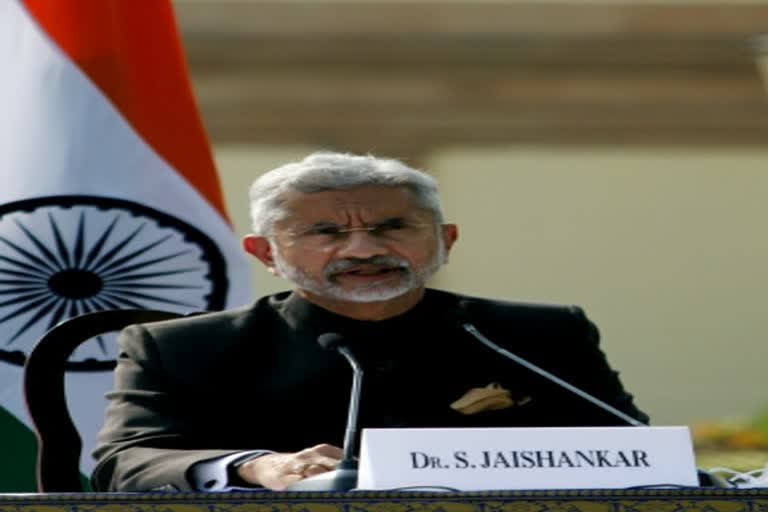Moscow:India on Thursday described the Indo-Pacific strategy as further advancement of its Act East Policy and said Russia can make its full contribution in the strategically important region. "In many ways, Russia is there. If Russia acts like Russia, it will make its full contribution," External Affairs Minister S Jaishankar said while answering a question at the Primakov Institute of World Economy & International Relations in Moscow.
Jaishankar, who described Russia as a Euro-Pacific power, was asked which role Russia could play in the Indo-Pacific - a region that has seen aggressive moves by the Chinese military. Indo-Pacific means that it is no longer practical to draw some line somewhere and say this side of the line is different and that side of the line is different, Jaishankar said, adding that in one way it's something new, in one way it's something old.
"When I look at India 25 years earlier, we started to Look East, it matured into Act East. Today Indo-Pacific is a further advancement of it. What has changed in this period? Today our top trading partners include China, Japan, Korea, Russia of course, Australia, ASEAN, he said. "Both our interests and our reach today extend well into the Pacific.
Read: India-Russia ties among steadiest of major relationships in the world: EAM Jaishankar
Our major partners are located there, and indeed, cooperation with the Russian Far East is one notable example. The reality is that there is a vast global commons whose safety, security, ecology, environment and activities are increasingly a shared responsibility, he said. "I think beyond a point we should not get caught up in these very semantic debates, terminological debates, the minister added.
"We need to move with the times of the day. This is a globalised world. We cannot divide the world into little bits and pieces and say some country will do something and other countries will not do other things. That's not the way the world works anymore, he added.
